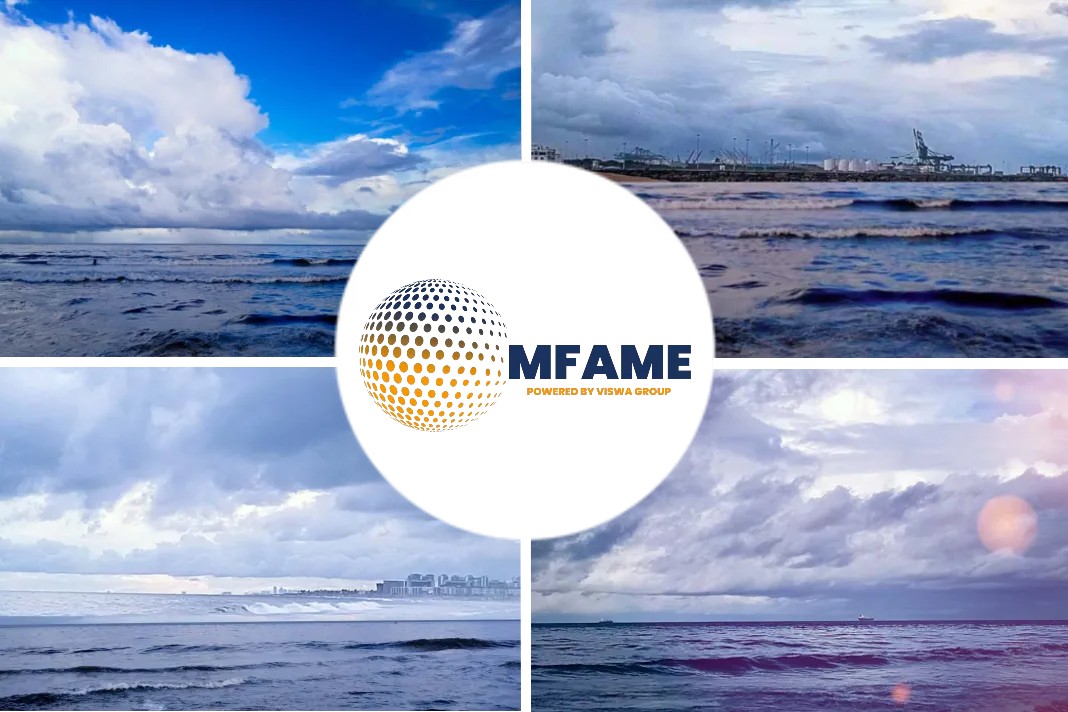- The Coronavirus epidemic in China has smashed shipping by bringing down the number of cargo that needs to be transported.
- Giant Capesize carriers that carry iron ore and coal to China are now earning less than $2,600 a day
- Supertankers transporting 2 million-barrel cargoes of crude have collapsed about 95% from their high point last year.
- Coronavirus is closing down China’s retrofit yards.
- Scrubber fitted supertankers earn about $15,000 a day more than those that are not meaning the scrubber-fitted ships would earn about $5 million more.
- Installing scrubbers in Chinese shipyards delayed due to the epidemic outbreak and idled vessels count might rise near Shandong as demand from refineries falls.
The outbreak of the coronavirus epidemic in China, has reduced the number of cargo that needs to be transported, and thus has literally smashed the shipping industry, writes Alex Longley and Firat Kayakiran for an article published in Bloomberg.
Capesize carriers earn less
The epidemic is also preventing many owners from making their ships commercially viable.
According to the Baltic Exchange in London,
- Giant Capesize carriers that carry iron ore and coal to China are now earning less than $2,600 a day.
- Supertankers transporting 2 million-barrel cargoes of crude have collapsed about 95% from their high point last year.
Industry faces added stress
The virus is forcing additional woes to the shipping industry.
Scrubber installation
Many owners urgently need to have their vessels fitted with scrubbers at shipyards in China. The equipment allows carriers to continue burning HSFO legally which would help them save millions of dollars a year.
According to a DHT Tanker Holdings Ltd., vessel owner, the coronavirus is preventing such installations.
Getting people to yards
Randy Giveans, senior vice president for equity research at Jefferies LLC in Houston said that the outbreak has created a major dilemma, getting people and parts to the yards for installation.
Sulfur oxides emission cut
- From Jan. 1, according to IMO sulphur regulation vessels are required to cut emissions of sulfur oxides.
- This led to the cost of ship-fuel that was prevalent last year collapse as it contained too much of the pollutant.
- The new very low sulphur fuel oil (VLSFO) surged in price.
- Some owners opted fitting the scrubbers in advance of the new rules, allowing them to continue burning the cheaper old product.
- Now others are rushing to get their own fleets refitted.
Earnings from scrubbers
According to Giveans, supertankers that have the scrubbers fitted are earning about $15,000 a day more than those that don’t have them.
Over a year, that means the scrubber-fitted ships would earn about $5 million more. There’s a similar picture in other freight markets.
Though the right time for retrofit
DHT plans to install six scrubbers on its ships this year. Co-Chief Executive Officer Trygve Munthe, DHT, said the recent dip in shipping rates would have made this a good time to get them fitted.
He added that it will be impossible for China’s shipyards to take up new orders, as they are already struggling to complete the existing work due to the widespread shutdown sparked by the outbreak.
Retrofit delays
According to Anoop Singh, head of East of Suez tanker research at Braemar ACM Shipbroking, 8 supertankers and 2 smaller tankers are installing scrubbers in Chinese shipyards and now face delays as a result of the outbreak.
Rise in idled vessel count
Singh added, there are chances that the number of idled vessels rise near Shandong in China as demand from refineries falls.
Close down of retrofit
Peter Sand, chief shipping analyst at industry group BIMCO said,
“Coronavirus is closing down retrofit yards in China naturally extending the waiting time for ships with a slot time for a retrofit. The uncertainty of how long this is going to take is massive.”
Did you subscribe to our daily newsletter?
It’s Free! Click here to Subscribe!
Source: Bloomberg


























